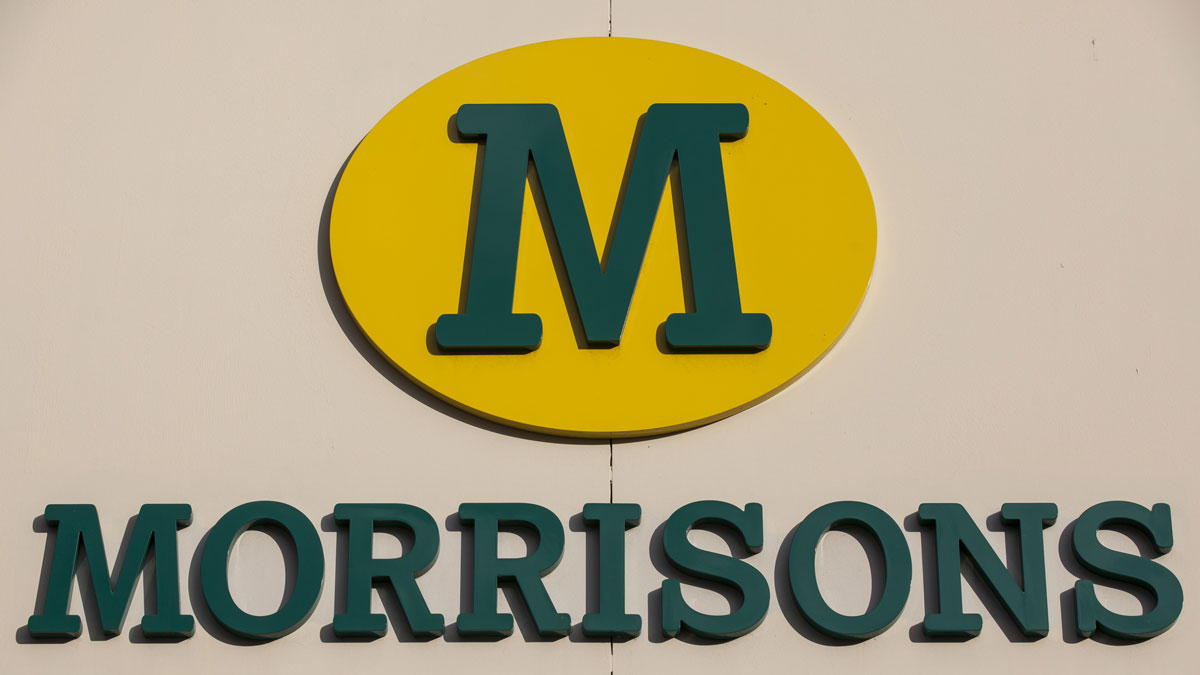Morrisons and Sainsbury's shares drop as Aldi and Lidl surge
Discounters celebrate a 15 per cent rise in sales while the UK's 'big four' grocers continue to shed market share

A free daily email with the biggest news stories of the day – and the best features from TheWeek.com
You are now subscribed
Your newsletter sign-up was successful
Shares in Morrisons and Sainsbury's have dropped more than two per cent as the UK's "big four" grocers came under fresh pressure from discounters Aldi and Lidl.
Of the four largest supermarket groups in the country, only Morrisons did not record a drop in overall sales for the 12 weeks to 26 March, posting a modest 0.3 per cent growth.
However, it and the other main players in the supermarket sector – Tesco, Sainsbury's and Asda - shed market share.
The Week
Escape your echo chamber. Get the facts behind the news, plus analysis from multiple perspectives.

Sign up for The Week's Free Newsletters
From our morning news briefing to a weekly Good News Newsletter, get the best of The Week delivered directly to your inbox.
From our morning news briefing to a weekly Good News Newsletter, get the best of The Week delivered directly to your inbox.
Morrisons dropped from 10.5 to 10.4 per cent; Tesco sales dipped 0.4 per cent and its share of the market fell to 27.6 per cent; Sainsbury's sales were down 0.7 per cent as its share slipped to 16.1 per cent, and Asda saw sales fall 1.8 per cent and its share drop to 15.7 per cent.
Aldi and Lidl were once more the big gainers, each adding almost 15 per cent to their sales as combined market share raced towards 12 per cent.
Waitrose and Co-operative's sales were also positive, while Iceland posted another healthy jump of 9.8 per cent, taking its market share to 2.2 per cent.
Aldi and Lidl's rapid rises since the financial crisis has piled the pressure on the more established grocers and prompted a fierce price war, hitting margins.
A free daily email with the biggest news stories of the day – and the best features from TheWeek.com
However, the fall in the pound following the vote for Brexit has increased the price of imports and forced price rises across the sector, even though companies are still taking some of the hit themselves.
Researcher Kantar Worldpanel said the price of everyday goods has risen by 2.3 per cent over the past three months, adding £21.31 to the average family's shopping bill.
-
 The Week Unwrapped: Do the Freemasons have too much sway in the police force?
The Week Unwrapped: Do the Freemasons have too much sway in the police force?Podcast Plus, what does the growing popularity of prediction markets mean for the future? And why are UK film and TV workers struggling?
-
 Properties of the week: pretty thatched cottages
Properties of the week: pretty thatched cottagesThe Week Recommends Featuring homes in West Sussex, Dorset and Suffolk
-
 The week’s best photos
The week’s best photosIn Pictures An explosive meal, a carnival of joy, and more